As the director of the Department of Health and Human Services in Hartford, Conn., Liany Aroyo ’98 has a job that looks a little different now than it did before COVID-19. Every morning, she pores over the latest COVID-19 numbers for Hartford—cases, hospitalizations, deaths. From there, her day transitions into a flurry of meetings and calls as she gathers information and provides public-health recommendations to everyone from the mayor to the superintendent of schools. “There is no day-to-day,” she says with a chuckle. Fortunately, her two decades of experience in public health have equipped her to succeed.
Liany remembers the first COVID-19 case in Hartford. For weeks, she and her team had been learning everything they could about the virus and how it might affect their densely populated city. They were also tracking its progress, as more cases popped up in nearby communities. Then, on March 13, 2020, they made the difficult decision to recommend closing schools and senior centers. The next day, Liany got the call that a case had been confirmed—and she knew they had made the right decision. “It was very challenging—a lot of things were being done in an absence of information,” Liany recalls. “We didn’t know how to protect ourselves. We didn’t know how to manage this disease if you got sick.”
This lack of information, Liany says, was the first challenge she and her team faced, as they struggled to get timely, science-based data that wasn’t politicized. From there, they grappled with how to communicate information to different groups—and, as the virus spread, how to improve access to testing and other resources. Yet there have also been a couple bright spots so far. Beyond closing schools and senior centers, Liany is proud of setting up a system for the homeless population to help prevent the spread of COVID-19. Early on, these residents were moved to hotels and tested regularly so they could safely transition back into shelters. Hartford also reopened three early-learning centers when other child-care facilities were still closed, offering support for working parents.
When we reported this story in late fall, Liany’s focus was driving down COVID-19 cases. “Right now, I think the biggest barrier we’re fighting is COVID fatigue,” she says, “and then we’re balancing the recommendations that we’re making with what’s happening on the ground, who’s becoming infected, and their risk of suffering from severe disease.”
In particular, the pandemic has highlighted existing disparities for people of color in Connecticut, who have contracted COVID-19 at a higher rate than other groups. The issue is a highly personal one for Liany, who grew up in Connecticut in a Puerto Rican family and experienced disparities firsthand. “The thing to me that’s been most surprising is the lack of awareness about the inequities that exist in our system,” Liany says. “I’ve pushed the need that we have to do more, we have to do better, we have to stop thinking of people of color as ‘others’ and ensure that children growing up in the neighborhood I grew up in have access to the opportunities that I had.”
Liany, who majored in psychology at Wellesley and earned a master’s in public health at Columbia, considers disparities to be at the core of her work. Before taking her current job, she worked for a series of nonprofits and government organizations, tackling issues such as unplanned pregnancy, tobacco control, depression, and HIV/AIDS in Latino and African American communities. Ultimately, she hopes that the pandemic not only raises long-overdue awareness about disparities, but that this awareness leads to meaningful and lasting change. “I don’t want to go back to the old normal. The old normal wasn’t good for Latinos and African Americans. It left a lot of people sick and without access,” she says. “I want us to emerge from this with a better normal, where people—no matter where they live, or the color of their skin, or whether they were born here or speak English—are not dealing with these same issues.”


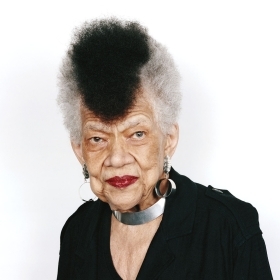
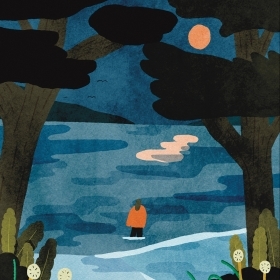
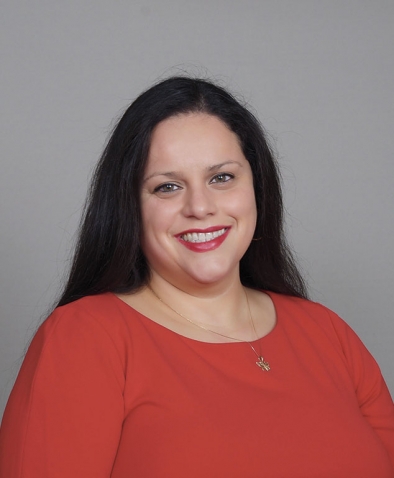

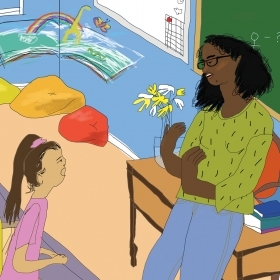
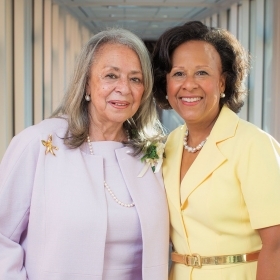
We ask that those who engage in Wellesley magazine's online community act with honesty, integrity, and respect. (Remember the honor code, alums?) We reserve the right to remove comments by impersonators or comments that are not civil and relevant to the subject at hand. By posting here, you are permitting Wellesley magazine to edit and republish your comment in all media. Please remember that all posts are public.